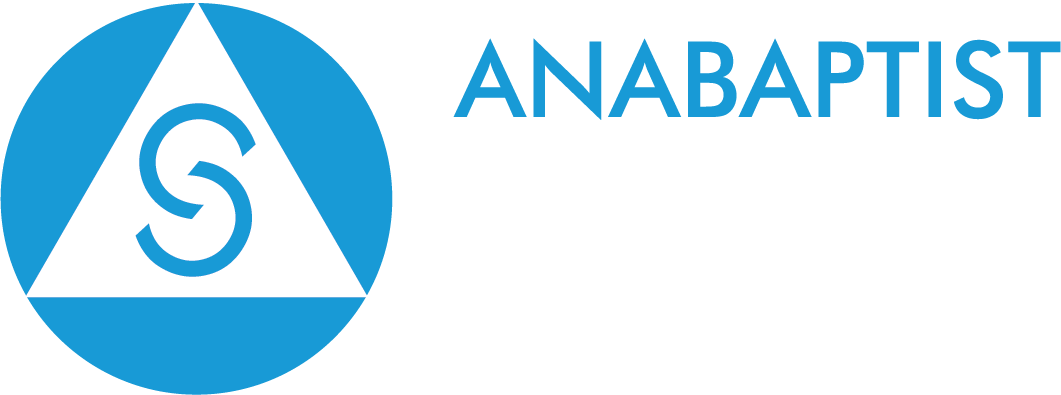6: An Energy Coach
Holland
A Climate Pollinator story by Sierra Ross Richer
With solar panels, a heat pump and a windmill, Leo Bakker produces more renewable energy at his home in Aalsmeer, Holland than he uses. In retirement, he is dedicated to helping others do that too.
Leo, a member of the sustainability committee of the Mennonite Congregation of Aalsmeer, spends his days volunteering as an energy coach in his community.
What does that mean?
Leo explained that the country of Holland has set high goals for reducing greenhouse gas emissions and is working hard to meet them.
The government’s goal is to reduce emissions by 49 percent by 2030 and 95 percent by 2050. Holland has long used technology to manipulate the environment–building dikes to create dry land out of the ocean. It is now seaking technological solutions to the climate crisis. That includes switching to renewable energy and energy-efficient appliances at the household level.
“Many municipalities in the country have realized that you have to look into every house and every family and find out what the best (solution) for that situation is,” Leo said. “It takes a lot of time to cover all of the houses in a village, but it is the only way to really get into it.”
Leo is one of 12 energy coaches in his community who visit homes and help families come up with plans to reduce their emissions.
For many homeowners, reducing energy usage can seem like a daunting, confusing task, so Leo tries to make it simple. For each house, he does an assessment of energy usage and creates a list of changes that could be made to save energy. He starts with simple things like installing water-saving shower heads and switching to LED lights. Then he introduces larger steps like improving insulation, adding double-paned windows, installing solar panels and switching to electric heating and cooking appliances.
Leo does calculations to show the families how much the changes will cost and how much they can save by reducing their energy consumption and he connects them with government programs and subsidies that can help with the cost of the upgrades.
Leo said: “I see from my experience that if you really discuss it with people and you show them what they can do, then they start doing it.”

